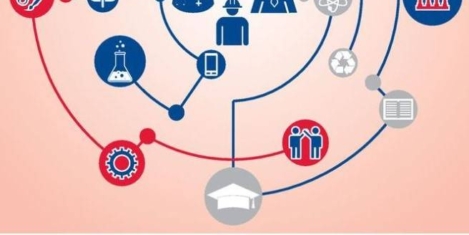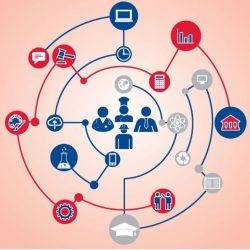To provide the best experiences, we use technologies like cookies to store and/or access device information. Consenting to these technologies will allow us to process data such as browsing behaviour or unique IDs on this site. Not consenting or withdrawing consent, may adversely affect certain features and functions.
The technical storage or access is strictly necessary for the legitimate purpose of enabling the use of a specific service explicitly requested by the subscriber or user, or for the sole purpose of carrying out the transmission of a communication over an electronic communications network.
The technical storage or access is necessary for the legitimate purpose of storing preferences that are not requested by the subscriber or user.
The technical storage or access that is used exclusively for statistical purposes.
The technical storage or access that is used exclusively for anonymous statistical purposes. Without a subpoena, voluntary compliance on the part of your Internet Service Provider, or additional records from a third party, information stored or retrieved for this purpose alone cannot usually be used to identify you.
The technical storage or access is required to create user profiles to send advertising, or to track the user on a website or across several websites for similar marketing purposes.
 UK organisations risk falling behind global competitors unless they act now to accelerate their use of AI technology, according to a new report unveiled today by Microsoft UK. The report claims that organisations currently using AI are now outperforming those that are not by 11.5 percent – a boost that, in the face of unprecedented economic and political uncertainty, UK businesses can ill-afford to pass up, the authors suggest. More →
UK organisations risk falling behind global competitors unless they act now to accelerate their use of AI technology, according to a new report unveiled today by Microsoft UK. The report claims that organisations currently using AI are now outperforming those that are not by 11.5 percent – a boost that, in the face of unprecedented economic and political uncertainty, UK businesses can ill-afford to pass up, the authors suggest. More →



































September 26, 2019
The office of the future should be circular
by Phil Oram • Comment, Environment, Workplace design